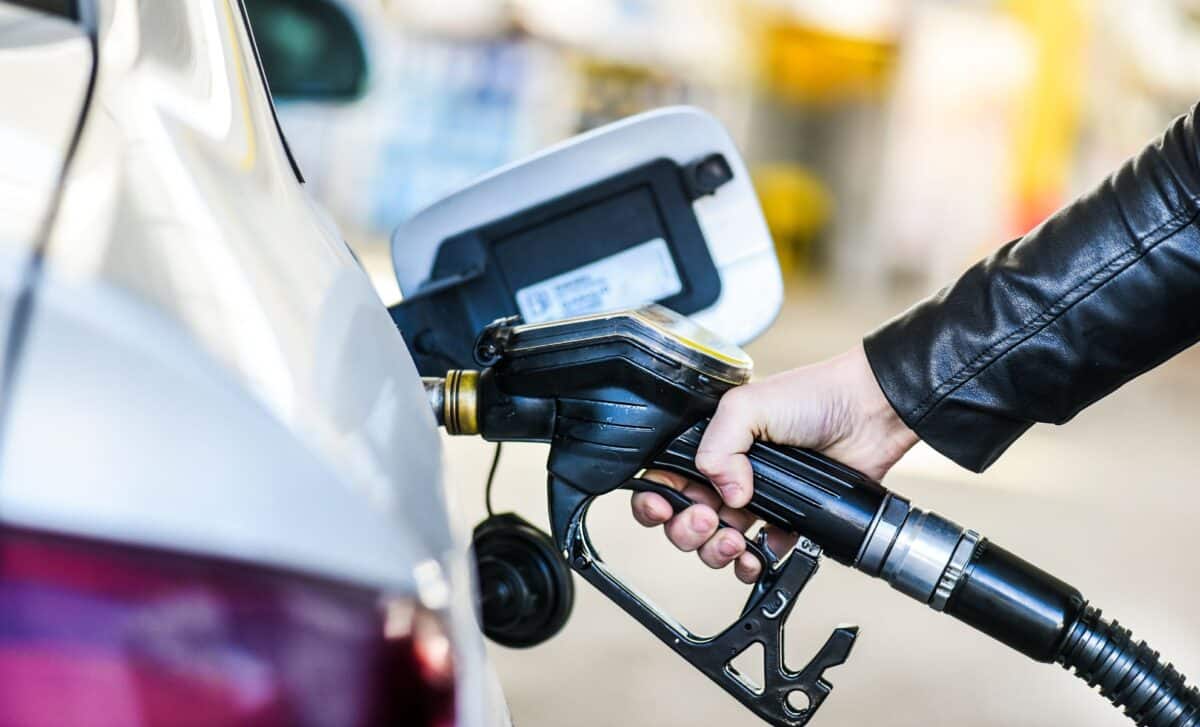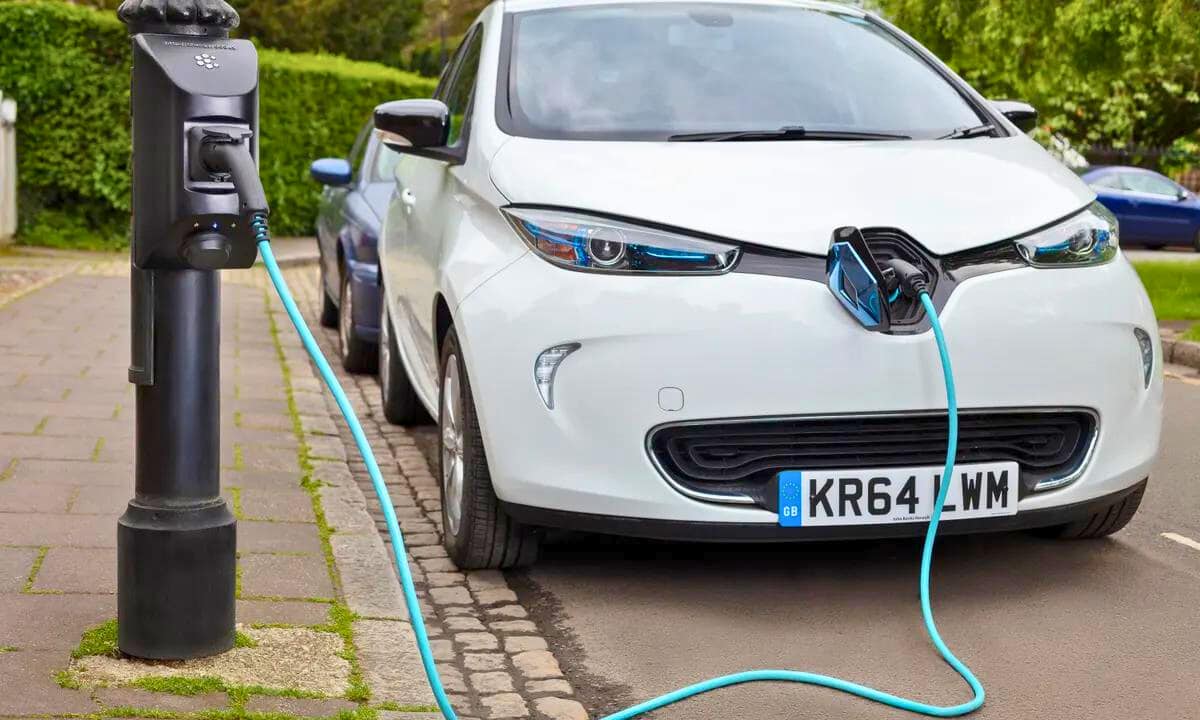By 2029, the UK is expected to lose £15 billion in fuel tax revenue, a warning from the nation’s budget watchdog that underlines the need to raise or replace fuel duty after successive Tory governments have kept the politically sensitive levy at a standstill.
Economic Impact of the Decade-long Fuel Tax Freeze
For more than a decade, successive UK Conservative governments have maintained a freeze on fuel tax. This policy, which was supported by Jeremy Hunt earlier this month with Labor’s backing, while politically palatable, has caused a significant decline in government revenue through fuel taxes.
In 2011, fuel duties accounted for 4.5% of total receipts, but by 2023, this figure had fallen to 2.4%. Both the Office for Budget Responsibility (OBR) and the Financial Times have highlighted this decline, which puts the UK on the brink of a fiscal cliff.
Despite its popularity, the fuel duty freeze has come at a cost. The policy has been endorsed by MPs and extended through various budgets, including a recent 5 pence reduction. Yet since 2011, the policy has drained £90 billion from the Treasury. This financial loss has only saved the median driver £13 per month, which has sparked debate over the true value of this fiscal strategy.
“We may as well be burning our money. After all the expenditure, it only saves the median driver £13 per month.” said Gideon Salutin, Senior Transport Researcher at the Social Market Foundation think tank.
The OBR’s latest projections show that fuel duties will peak at £24.7bn in 2025 and then fall permanently, assuming no change in tax rates over the next five years. Compared to a scenario where rates are not frozen, this would result in a loss of £15bn in revenue between 2024 and 2029.
Hunt’s fiscal rules mandate that his Budget must demonstrate a relative decline in public sector debt to gross domestic product after five years. According to him, this would leave a margin of £8.9 billion, or 0.3% of GDP, in the financial year ending 2029, a “historically modest margin“, according to the OBR.
However, this number is based on the assumption that the next Chancellor will end the fuel duty freeze. Should he or she extend it, the government’s room for manoeuvre will shrink by £4.8 billion, or 50%, says the OBR.
Electric Vehicles and the Shrinking Tax Base
Adopting electric vehicles (EVs) represents a major shift in the automotive industry and is a key part of the UK’s strategy to achieve net-zero emissions by 2050. But this transition, while environmentally laudable, further threatens the already dwindling fuel duty tax base.
Experts such as Carl Emmerson of the Institute for Fiscal Studies and James Browne of the Tony Blair Institute warn of the inevitable disappearance of fuel duty revenues as EV uptake accelerates.
“Extend this timeline further, and most motorists will be operating electric cars, resulting in the complete collapse of the fuel duty tax base.” cautioned Carl Emmerson.










